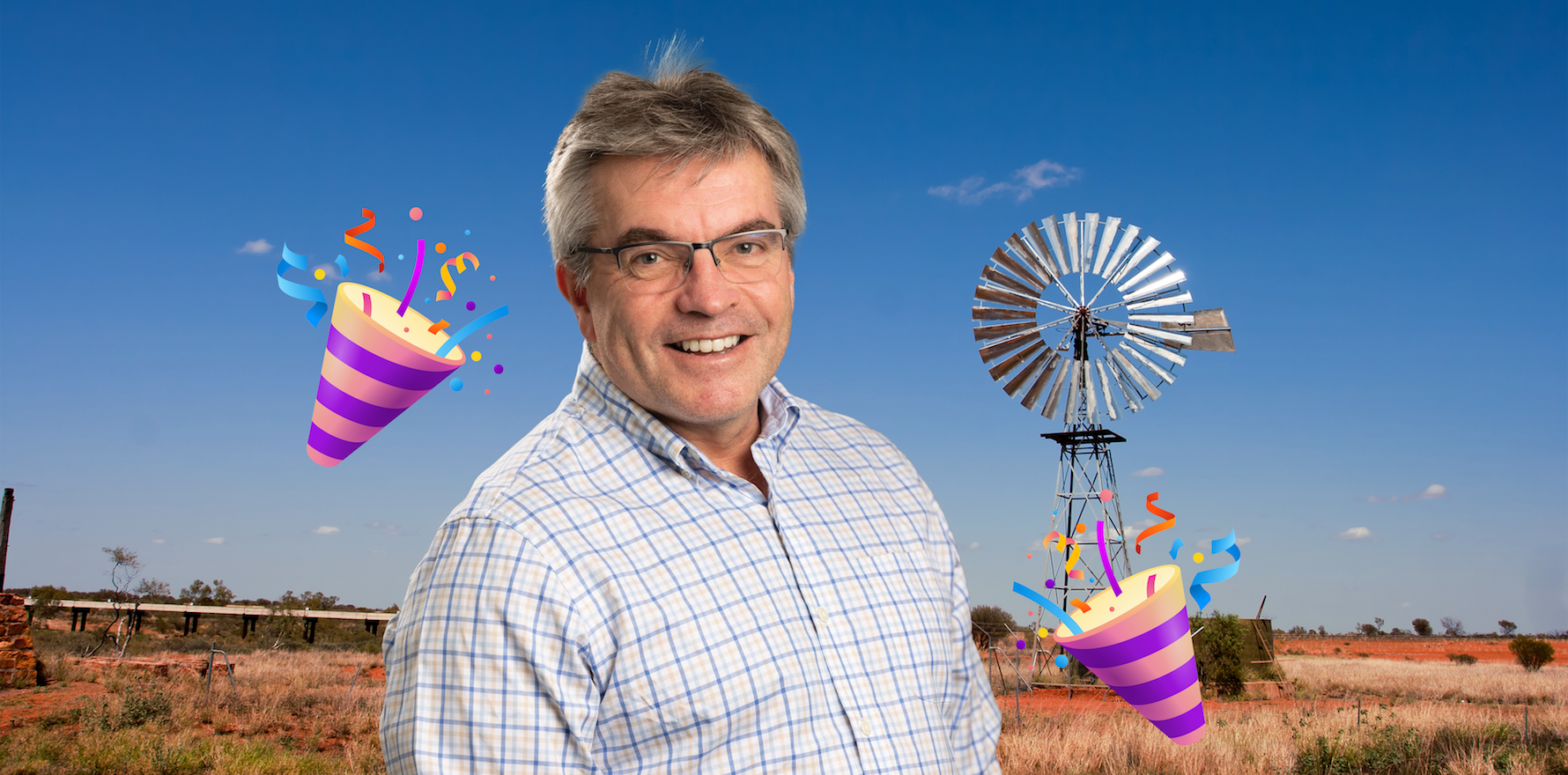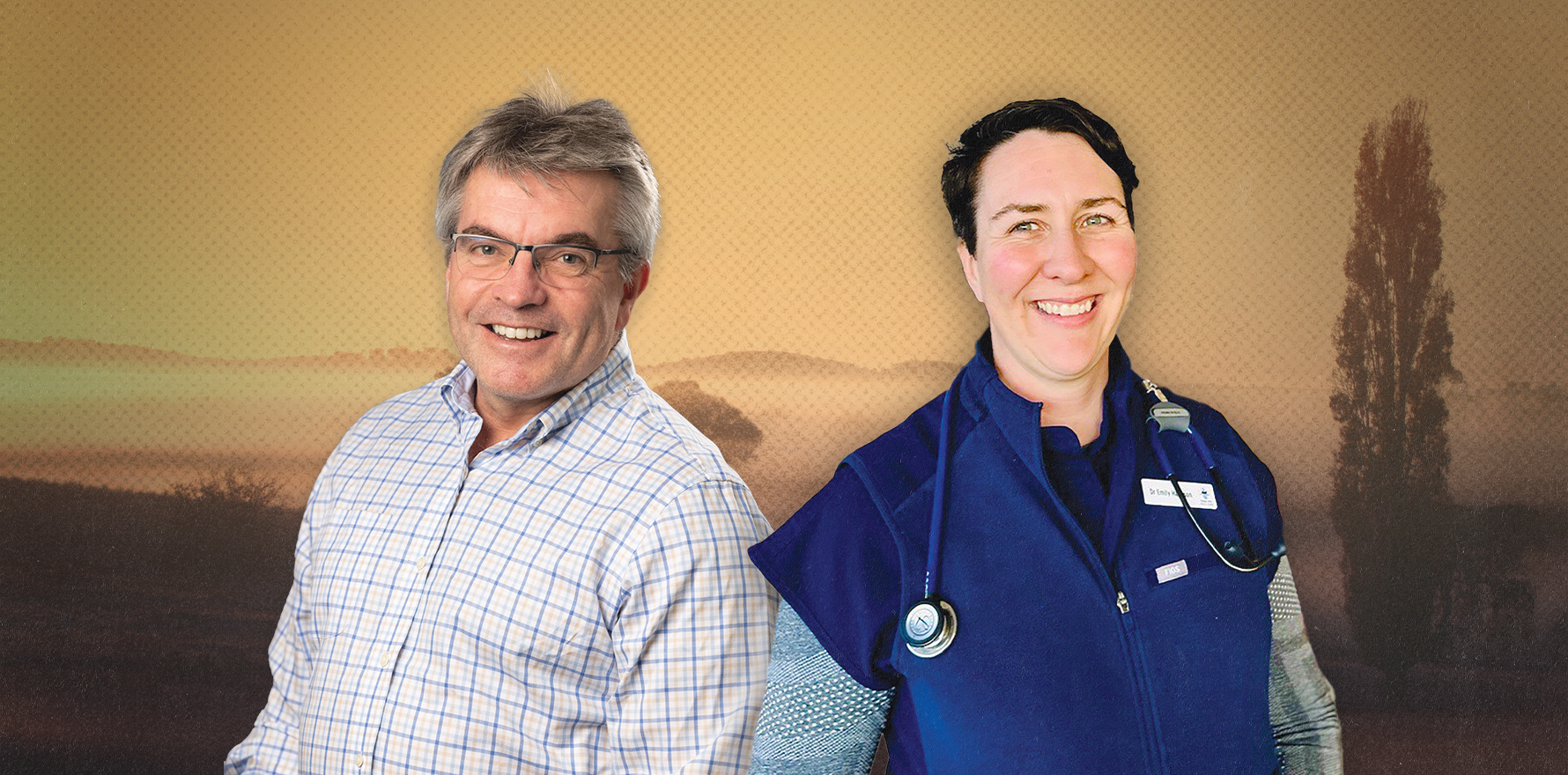The Armidale-based rural generalist will step into the big RMs at the ACRRM annual general meeting in October.
ACRRM members have voted in NSW council representative Dr Rod Martin as president, following the college’s second-ever election.
Dr Martin is based out of the northern NSW border town of Armidale and works as a GP and anaesthetics, obstetrics and emergency medicine VMO.
He was up against RDAA council representative Dr Emily Harrison, a rural generalist in Victoria.
ACRRM presidents must be elected from within the board, and it’s rare for the college to go to an election.
Speaking to The Medical Republic prior to the election, Dr Martin said his vision for ACRRM was to create a concierge that would help guide future doctors toward a path in rural generalism and general practice.
“[ACRRM] has got this nice maturity now … and college-led training has made a huge difference,” he said.
“Now ‘indoctrination’ is a terrible word, but I can see the good that that comes from properly integrated rural training that we can now do more easily through college-led training.
“It means that we can establish a rural and regional footprint a lot more meaningfully.”
Often, he said, medical students would enter the system with the intention of doing rural practice, but would fall “into a black hole” somewhere between entering the hospital system and starting fellowship.
“One of the things I’ve always thought about is how … we can start to on-ramp people earlier,” Dr Martin said.
“How can we have it so that they feel part of the rural system and the rural training system from an intern level?”
Speaking today, Dr Martin laid out three objectives for his two-year term as president: supporting future rural generalists, raising awareness of the college among government and engaging with communities to educate them about the college’s role.
It’s likely that a final decision on rural generalism as a distinct medical specialty within general practice will also be handed down during Dr Martin’s presidency.
He’ll also be walking right into the aftermath of the scope of practice review, which is set to report as soon as next month.
“The places where things [like scope expansion] get tested is where a government can make an argument that there’s not enough of the people who are supposed to be in the position to be able to do that,” Dr Martin said.
The country-wide primary care workforce shortage has hit rural areas particularly hard.
“If you start role substituting, it’s then a pretty hard thing to stop.
“How far down the track do we go before we say, ‘do we really even need a doctor in a town, when we have the pharmacist’.”
Current president Dr Dan Halliday will hand over the reins at the combined ACRRM-RDAA conference, Rural Medicine Australia, in late October.
“I have no doubt that under [Dr Martin’s] guidance, ACRRM will continue to thrive as it embarks on a new chapter focused on educational and clinical excellence and bringing innovative and socially accountable approaches to accessible healthcare where it is most needed,” Dr Halliday said.
RMA24 will be held in Darwin from October 23 to 26.
Related



